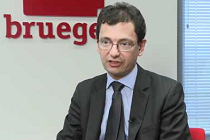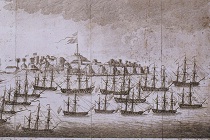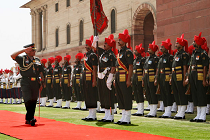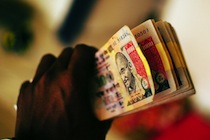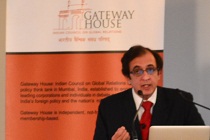“Europe has lessons to learn from India”
The deterioration of growth prospects is at the core of the financial crisis in Europe. Can Europe successfully form a banking and monetary union? Gateway House interviews Nicolas Véron, a French economist, to discuss the repercussions of the financial crisis in Europe and the potential for Indo-EU cooperation.


